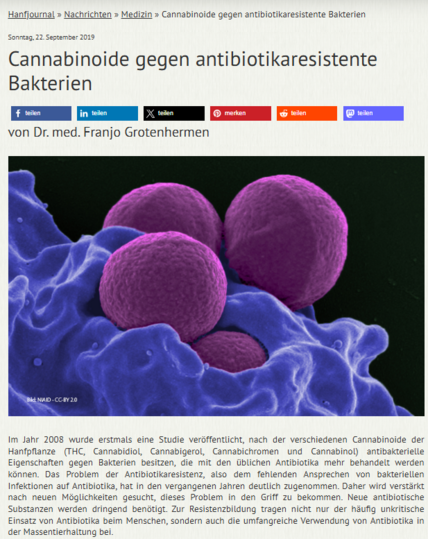Curious by Nature: Dr. Connie Mulligan – Epigenetics and the Lasting Impact of Trauma https://www.byteseu.com/872795/ #Conflicts #Epigenetics;Stress;MentalHealth;ChronicDiseases;Trauma #Genetics #Healthcare #MentalHealth #Newswise #Syria #Trauma
Recent searches
Search options
#epigenetics
https://www.europesays.com/1950925/ Curious by Nature: Dr. Connie Mulligan – Epigenetics and the Lasting Impact of Trauma #Conflicts #Epigenetics;Stress;MentalHealth;ChronicDiseases;Trauma #genetics #healthcare #MentalHealth #Newswise #Syria #trauma
"There is a growing understanding that mental illness has a crucial physical component and may cause disturbances of mind and body which strongly emphasizes a crucial role of psychotherapy focused on early stressful experiences mainly during critical developmental periods including prenatal and perinatal traumas."
"#epigenetics […] will likely be one of the most important areas of scientific research."
Janov, A. Epigenetics and Primal Therapy. Act Nerv Super 57, (2015). https://doi.org/10.1007/BF03379941
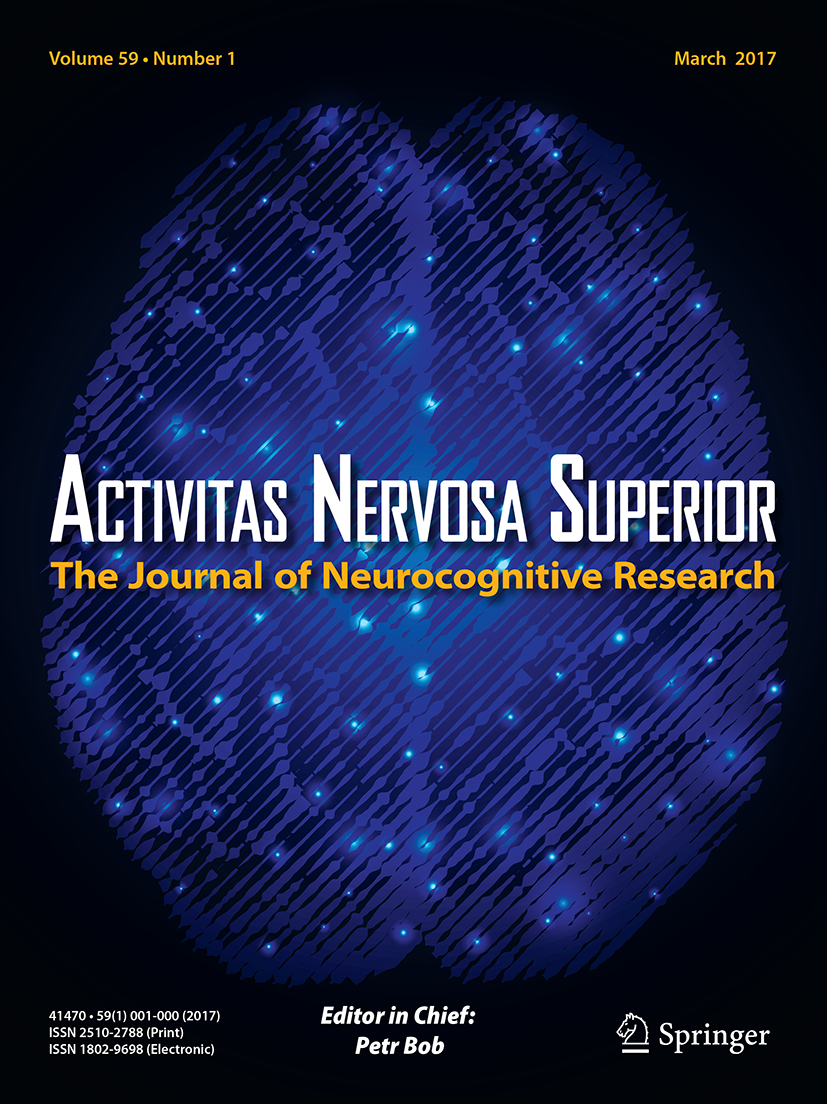
February's most-read Genetics paper looks at how #RNA travels between cells to control genes across generations #epigenetics: https://elifesciences.org/articles/99149?utm_source=mastodon&utm_medium=social&utm_campaign=submissions_organic&utm_content=top_paper
Have a paper people should see? See what our Editors look for: https://elifesciences.org/about/aims-scope?utm_source=mastodon&utm_medium=social&utm_campaign=submissions_organic&utm_content=top_paper#genetics-and-genomics
"A stressful life can leave marks on our genetic code, some of which can even be passed on to our children. A study now reveals how the biological impact of trauma on a mother persists long after the violent acts themselves have passed.
The international team of researchers demonstrate the physical mechanisms behind intergenerational trauma in humans, explaining why people with a family history of adversity are more prone to mental health conditions like anxiety and depression, despite not having experienced the adverse events themselves."
https://www.sciencealert.com/violence-leaves-its-mark-on-our-genes-for-generations-study-finds

https://www.scinexx.de/news/medizin/ukraine-neue-gefahr-durch-multiresistente-erreger/
{#Hanfjournal » #Nachrichten » #Medizin » #Cannabinoide gegen #antibiotikaresistenteBakterien
Sonntag, 22. September 2019
von Dr. med. #FranjoGrotenhermen
Cannabinoide antibakterielle Eigenschaften gegen Bakterien besitzen, die mit den üblichen #Antibiotika mehr behandelt werden können.}
#Hanfgeschichten #Medizin #Cannabis #Immunsystem #Epigenetics #Endocannabinoidsystem
February 11 is the International Day of Women & Girls in Science! 2025 marks the 10th anniversary of this important @unesco day to build a future for women in science.
Join and follow us as we will tell the stories and share interviews with female #maxplanck researchers and their work.
@SheDrivesMobility danke für die mutigen Worte. Ich habe einmal #HeribertPrantl geschrieben, dass sich Geschichte wiederholt. ER meinte damals: NEIN. Leider sehe ich den Faschismus weltweit wieder hervor kommen. Wie der #Faschismus seinen Weg nehmen kann, dazu habe ich mir Gedanken gemacht und bin zu dem Ergebnis gekommen, [These] dass wir wohl vielfach traumatisierte Wesen sind und das sich diese "Neurotisierung" eben auswirkt. siehe #Janov #epigenetics https://cigognenews.blogspot.com/2016/04/what-happens-when-you-cant-feel-how.html
A kind of genetic balancing act has been discovered, which carefully fine-tunes gene expression by controlling both DNA and RNA with epigenetic markers.
#science #research #genetics #DNA #RNA #biology #epigenetics
https://www.labroots.com/trending/cell-and-molecular-biology/28400/epigenetic-gene-control-revealed
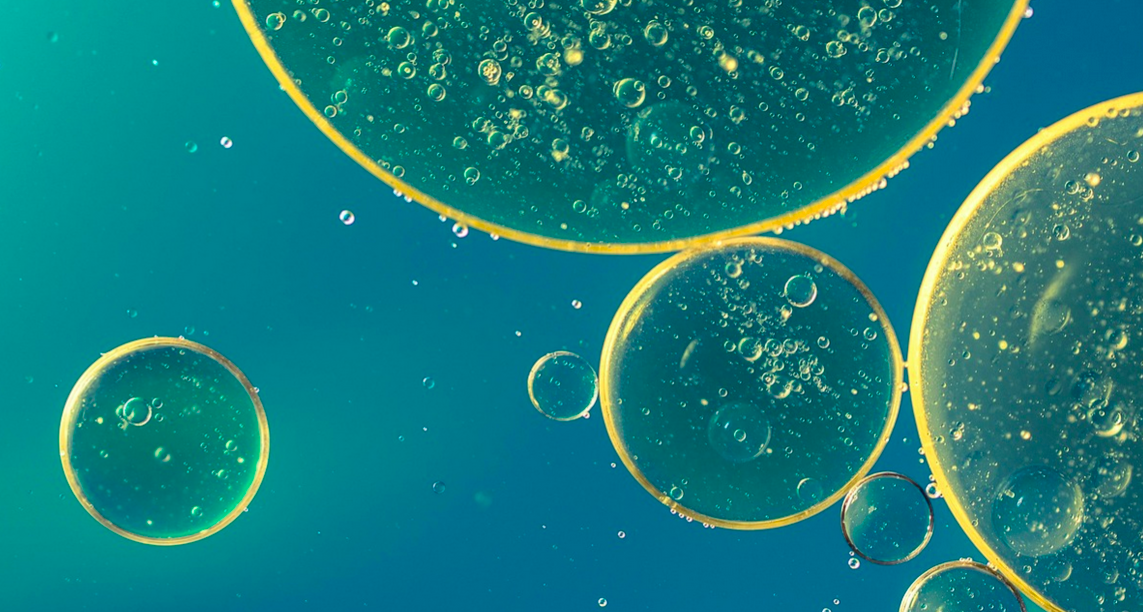
Lässt #Politik die Kinder im Stich? #TheoKoll mit der Verhaltensforscherin #JaneGoodall über ihre Pionierarbeit in der Schimpansen-Forschung, ihr Engagement für Natur- und Umweltschutz und darüber, was ihr #Hoffnung gibt.
#JaneGoodall #Traumzeitwirbelsturm #CRISPR_rEvolution #EVOLution #feeling #soul #twins #love #genetics #epigenetics #science #Universe #sister #motherearth #YOUAREtheUNIVERSE #Frauengeschichten #Kulturgeschichten #Hanfgeschichten #THANKYOUJane #Jane
“Overall, the original ‘malaria hypothesis’ of Haldane that diseases such as thalassemia are polymorphisms with an advantage to heterozygotes in malarial environments has been proven correct.” #dna #isogg #malaria #epigenetics #population #genetics #geneadons
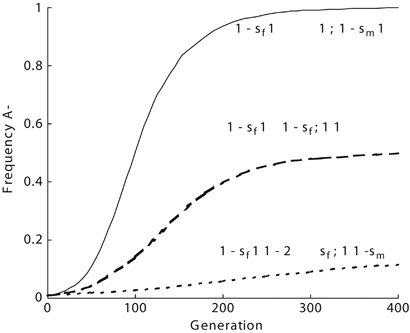
Book Review: Kiss the Red Stair
A great story on how parents pass their trauma to their children:
https://tiereddemocraticgovernance.org/blog_details.php?blog_cat_id=25&id=298
Hello! Hey Fediverse, once again. We are the Max Planck Institute of #Immunobiology and #Epigenetics. And we had to change our server.
Our community seems not really into this platform. Yet, we still believe that embracing open science with mastodon is important. For the time being, we investigate what to do with this account in the future and we will continue to cross-post our content.
Stay with us: https://www.ie-freiburg.mpg.de
#introduction #neuhier #sciencemastodon
This memory arises because the experience of obesity leads to changes in the epigenome — a set of chemical tags that can be added to or removed from cells’ DNA and proteins that help to dial gene activity up or down. For fat cells, the shift in gene activity seems to render them incapable of their normal function.
#nutrition #genetics #obesity #physiology #epigenetics #science https://www.nature.com/articles/d41586-024-03614-9
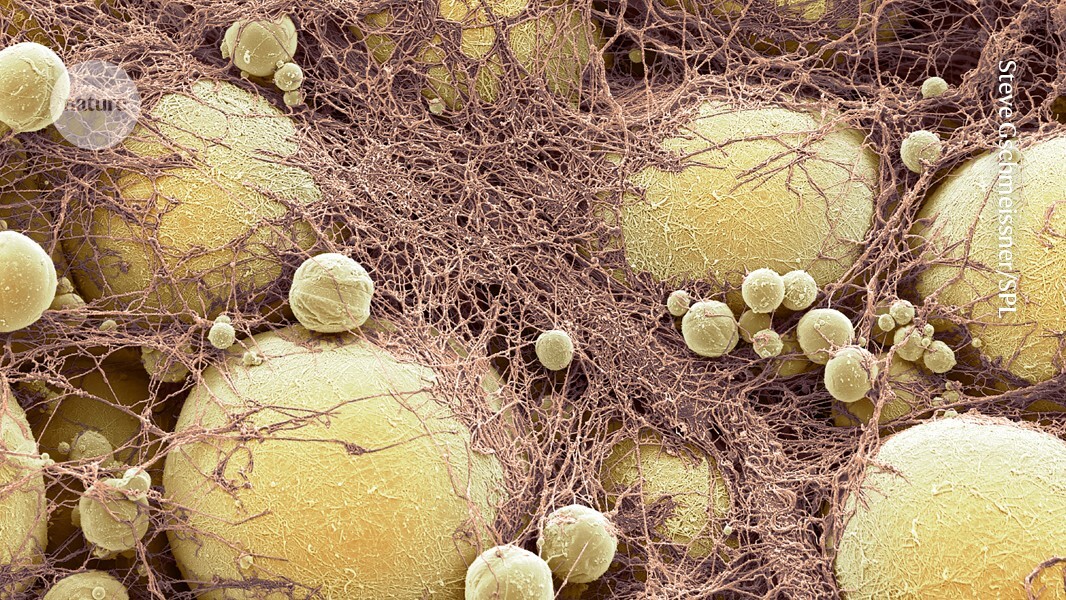

Police interactions can increase epigenetic age in youth of color
https://medicalxpress.com/news/2024-10-police-interactions-epigenetic-age-youth.html


Liebe #CarmenWegge #Verfassungsgericht #Gutachten:
+ Welchen #Zusammenhang gibt es zwischen #Autoimmunerkrankungen und dem Einsatz von #Pestizide #Fungizide #Herbizide?
+ Was ist das #patent6630507
+ Was ist das https://troet.cafe/tags/Endocrinedisruptors ?
https://troet.cafe/tags/Methylierung ?
+ Was ist #Epigenetik #epigenetics ?
+ Wie entstehen #Traumata und wie werden sie verarbeitet ?
### Experten und Expertinnen für die
#Klage? https://cannabis-med.org/de
Im Gegensatz zu #Alkohol und #Tabak hat #Cannabis keine Auswirkungen auf die #DNA-#Methylierung!
#Bayern #Janov #Epigenetics
#Endocannabinoide #Cannabinoide
#Kipppunkte und #Epigenetik - https://www.dw.com/de/epigenetik-wenn-wir-traumata-vererben/a-50547821
#Traumata verarbeiten #legalize #Cannabis #Hanf #Hemp
#FridaysForFuture #KamalaHarris #letztegeneration #GemeinsamGegenRechts #WirSindMehr #ard #zdf #Papst #Vatikan #fff #noPain #noTrauma please [#wepray]
https://cigognenews.blogspot.com/2015/10/epigenetics-and-primal-therapy-cure-for.html
siehe auch US #Patent6630507 https://patents.google.com/patent/US6630507B1/en
Scientists find new #epigenetic switch: #5formylcytosine activates genes in the embryonic development of #vertebrates // #epigenetics #DevelopmentalBiology #genetics #GeneRegulation #MolecularBiology #LifeSciences #biology @imbmainz @uni_mainz_eng
https://nachrichten.idw-online.de/2024/09/18/scientists-find-new-epigenetic-switch




